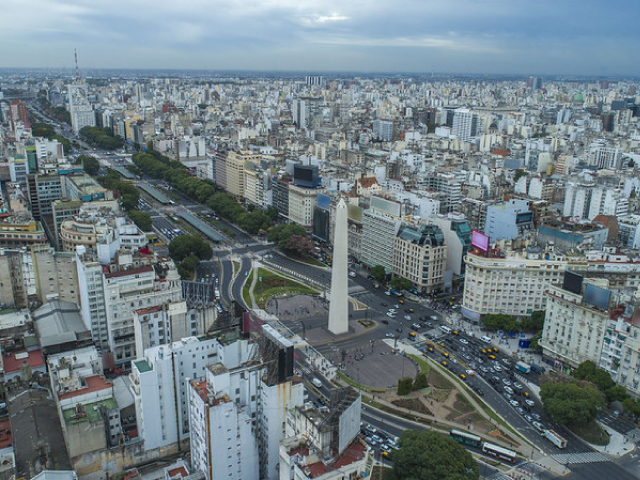
06/08/2020
Research on Mobility, Transit and Transport in the context of Coronavirus for Uruguay and Argentina
Uruguay
Among the main conclusions of the study carried out in Uruguay is that some changes are expected in the way people travel, in some cases replacing public transport with other forms of motorized vehicles (such as cars and motorcycles)
On a general level, there is a perception that road accidents have decreased, but it is understood by experts and the population consulted that road accidents will return to their usual numbers when they return to normal. Likewise, on an international level, there is talk of a new economic retraction scenario, which is expected to have a direct impact on the ways in which people move around, increasing the number of motorcycles circulating in cities and therefore there is fear of an increase in road accidents in this area.
According to the data collected in the study, 4 out of 10 Uruguayans propose that they will soon change the way they travel to avoid possible Coronavirus infection, which would mean an increase in the use of more individual motorized means such as cars and motorcycles. On the other hand, 48% of those surveyed who are currently bus users and 56% of those who use taxis or Uber, expect to use this type of transport to a lesser extent, at least until the end of the year; which, it is to be expected that this behavior does not mean abandoning it completely.
Meanwhile, perceptions seem divided as to whether or not it is safer to travel on the streets in this context of less traffic. As age increases, the perception that it is safer to drive on the streets due to the decrease in traffic increases.
Argentina
The study, which covered the whole country and included a thousand people aged 16 and over with access to the Internet, aimed to analyse the opinions and assessments of Argentinians on public transport, the effects that the post-pandemic period would have on it and awareness of traffic accidents and their consequences.
In this sense, the report focuses on the security measures that people take -or not- to preserve their physical integrity and their lives when circulating and the perception about the amount of lives that are lost due to road accidents, among other aspects.
Among some of the conclusions drawn from the survey, it is worth mentioning that while 46.8% believe that using public transport will not be more dangerous than walking on the street if the necessary precautions are taken, 42.7% think the opposite and 10.5% say they do not know. However, when asked if they will use public transport once the quarantine is over, one out of every two people said (52.2%) that they will avoid using it, at least until the end of the year.
Subway users were the ones who expressed greater concern about the possibility of contagion than train and bus users, who are also the majority of those who are planning to continue using them. Among those surveyed, the car emerged as the safest alternative and the one most people would turn to (34.1%), followed by the bicycle (27%).
- Share: